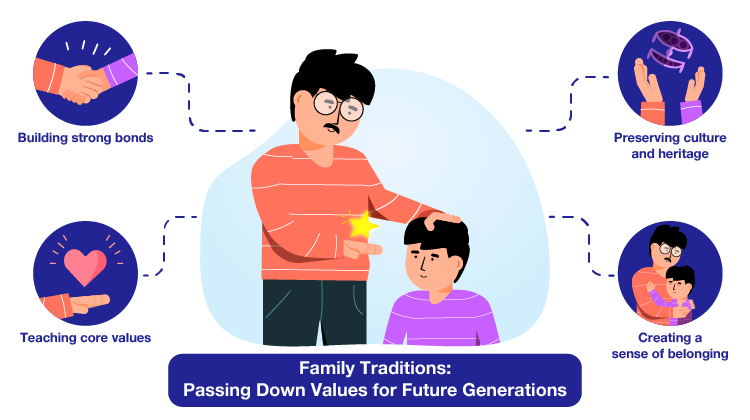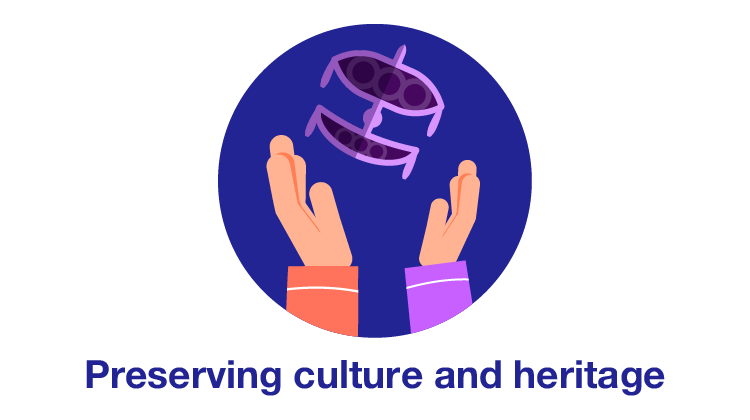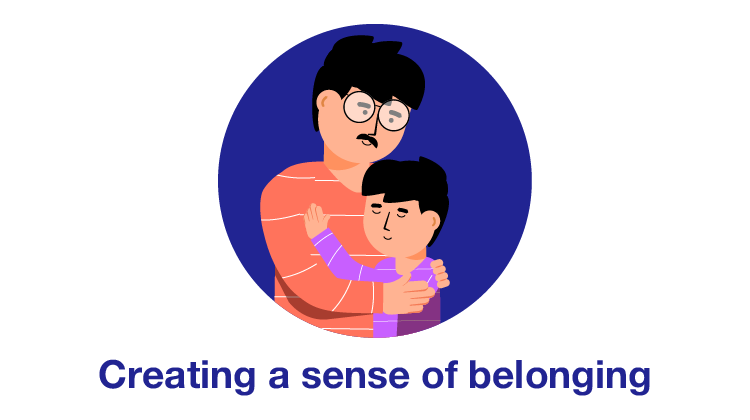Family traditions: Passing down values for future generations
In the fast-paced world we live in, where trends come and go like the wind, one thing remains constant and invaluable: family traditions. Family traditions are more than just rituals or routines; they are powerful ways of passing down values, stories, and love to our children and grandchildren.
In the fast-paced world we live in, where trends come and go like the wind, one thing remains constant and invaluable: family traditions. Family traditions are more than just rituals or routines; they are powerful ways of passing down values, stories, and love to our children and grandchildren. These cherished traditions create a sense of connection to our roots and teach important life lessons that can shape the way our future generations view the world. In this article, we'll explore some examples and why family traditions are important as a means of leaving a lasting legacy and passing down moral values.
Building strong bonds
Family traditions are among the important factors that determine the strength of our relationships. When families engage in activities such as something as simple as weekly game nights, holiday gatherings, or annual vacations, they are investing in their connections. These shared experiences create lasting memories among family members, fostering a sense of togetherness as well as camaraderie that lasts throughout generations. A simple family dinner, where everyone gathers around the table to share stories and laughter, becomes a sanctuary where love and understanding thrive.
Preserving culture and heritage
Furthermore, not only is it important to preserve culture and heritage, it is also our civic duty. Our cultural identity is a treasure trove of stories, customs and wisdom passed down from generation to generation over the ages. Family traditions are the vehicles that carry these precious legacies forward. Whether it's celebrating cultural festivals, practising traditional crafts, or cooking ancestral recipes, these acts keep our heritage alive. Through the lens of tradition, children learn about their ancestors' struggles, triumphs, types of family traditions and the good moral values that have shaped their family's journey.
Teaching core values
Family traditions are real life examples with moral values embedded in them. As children participate in these family traditions, they absorb the values that are instilled upon them. Whether it's the generosity shown to those who need it most or patience while cooking a beloved family recipe, these actions reflect the principles that parents and grandparents hold dear. Traditions provide a tangible way to impart virtues like respect, empathy and gratitude, ensuring that these important life lessons are not just spoken about but lived.
Creating a sense of belonging
Humans have always had that urge to find a sense of belonging, and family traditions fulfil this need with unmatched authenticity. When children grow up with these valuable traditions, they develop a strong sense of identity and belonging. These routines become touchstones that ground them, especially during challenging times. Whether it is the comfort of a bedtime story told by generations before or the greetings between family members, these traditions make you realise that you are a part of something bigger.
Family traditions are more than just routines; they are a legacy of love, values, important life lessons and memories that can be cherished for generations. By starting and nurturing these traditions, we ensure that our family's story continues to be told, carrying our values and love forward long after we're gone. So, let's celebrate the unique tapestry of our families by weaving traditions that leave a lasting mark on the hearts of those we hold dear.




